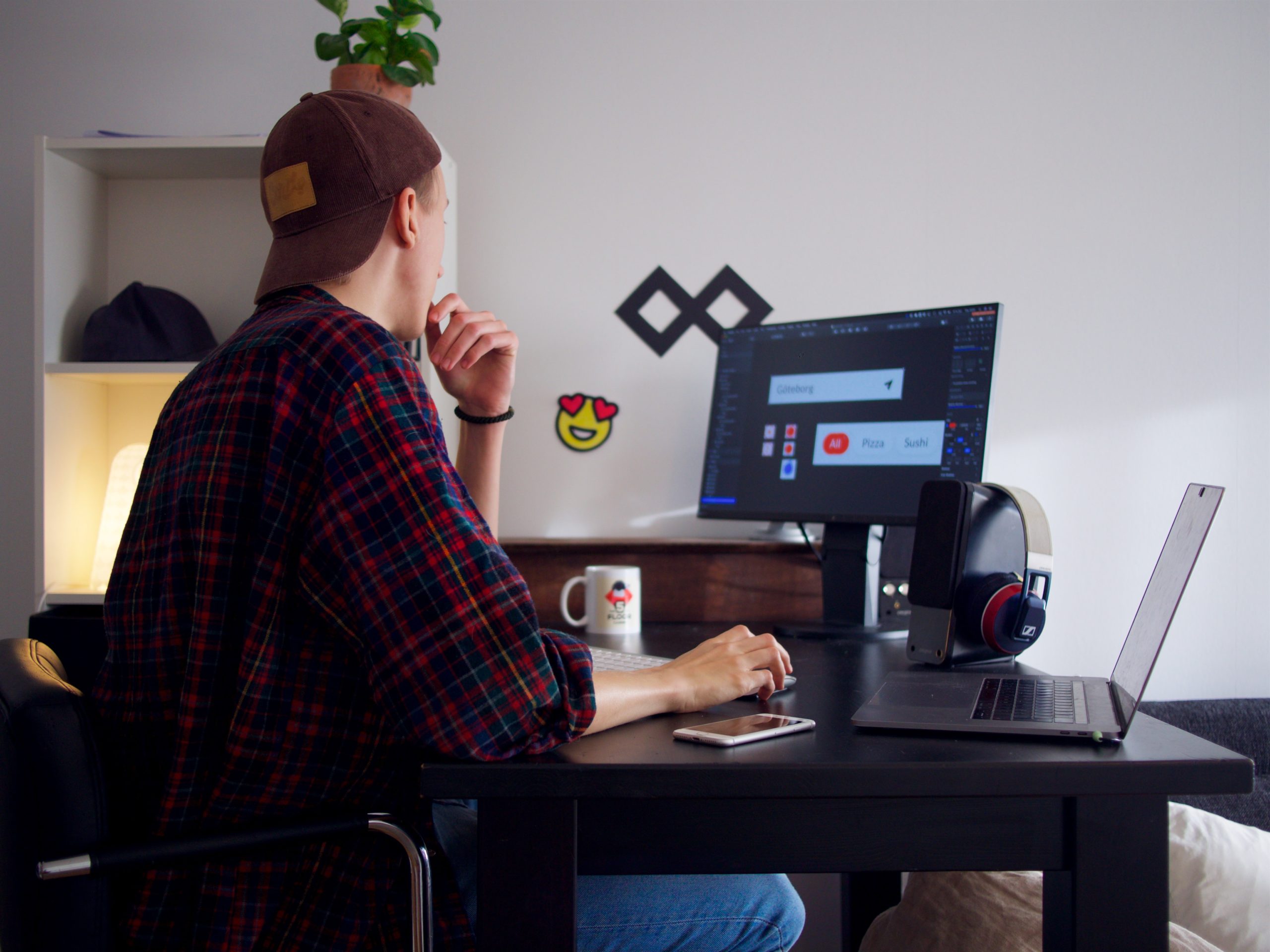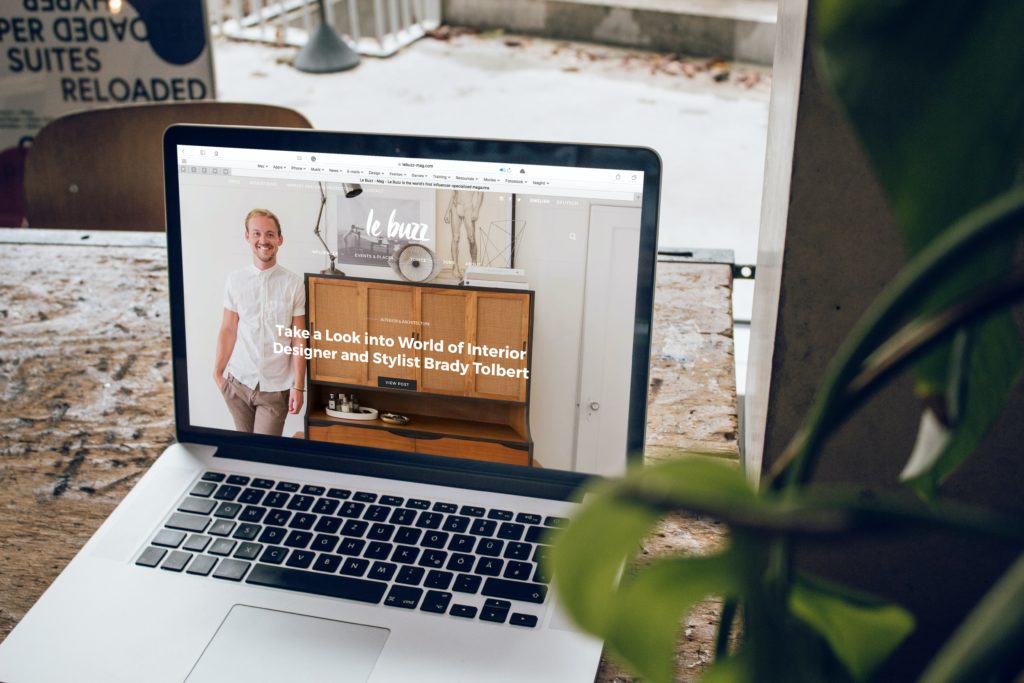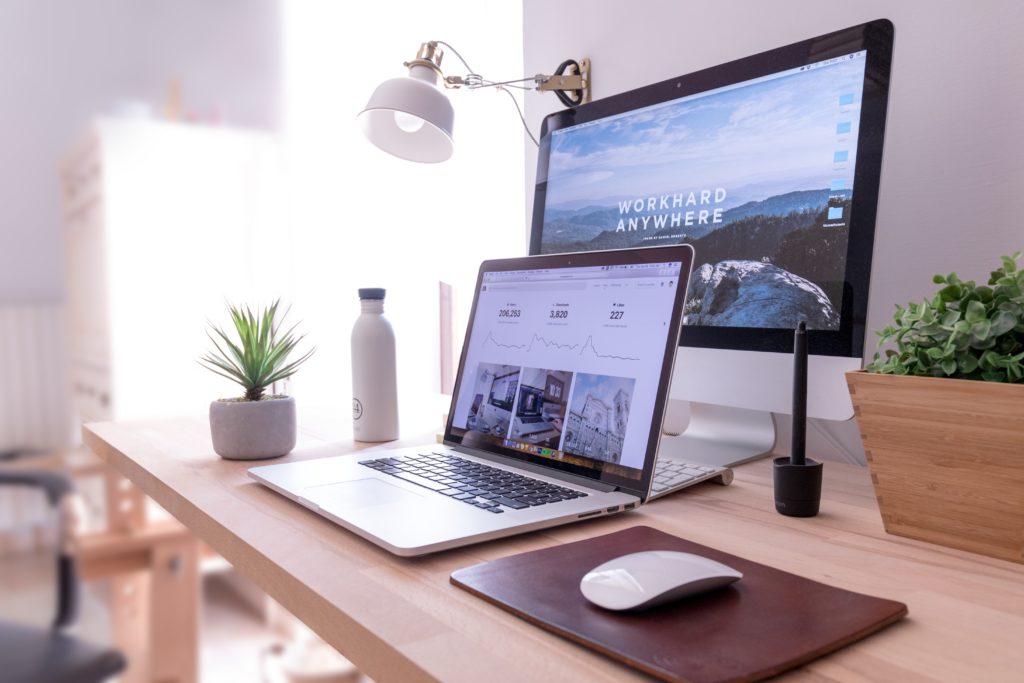

Quick Links
Quick Links
Have you ever done a Google search about yourself?
If so, what were the first few things that came up?
Is it your Facebook profile or a YouTube video that got hundreds of views?
The results of such an internet search vary for a lot of people especially since we don’t have control over what search engines will show.
This is crucial if you are a freelancer because you always want to have your best foot forward and make a good first impression.
While you can’t control what search engines will say about you, the same can’t be said if you have your own personal website.
Sure, creating a website may look tedious and not worth it but having one is the best way to take control of your digital profile.
What Is A Personal Website?

A personal website is simply put, a collection of web pages an individual creates for and about themselves. The purpose of these pages may vary depending on the individual’s intent for creating them.
While personal websites are generally informative, they can also be used for the purpose of entertaining people, marketing/selling products and services, social networking, or personal career marketing.
Personal web pages may also be used to express one’s opinions on a variety of issues but above anything else, it is best used to showcase one’s skills, something a freelancer should be doing to attract more clients.
How A Personal Website Benefits Freelancers
Since we are living in the gig economy, doing freelance work has become more competitive (as should be expected).
Whether you’re a graphic designer, a blogger, a video editor, or a social media marketer, there’s no denying that landing a client has become tougher than it used to.
That being said, standing out should be a priority and the best way to do that is to have your own personal web page where you can easily show potential clients what your body of work is all about.
So how exactly, does a personal website help?
Helps Clients Find You
According to Forbes, more than 50% of potential employers are more impressed by a candidate who has a personal website.
While LinkedIn does a great job of making your work history easily accessible to potential clients, your privacy settings can keep clients without LinkedIn from viewing them.
With a personal website, any client, whether a LinkedIn member or not, can freely access your information and know everything they need to learn about you.
Keep in mind that even though clients may have their own resume database, they wouldn’t necessarily rely on submissions alone.
As one would expect, they would do Google searches for each candidate as part of their background check which means they can stumble upon a plethora of things about you.
When you have a personal website, you get to own the search results and make a good first impression with your credentials under your unique domain name.
Gain a Competitive Advantage
One of the advantages of having a personal web page is that it opens up a lot of possibilities in keeping up, if not separating yourself from the competition.
Unlike printed resumes, a personal web page allows you to do more so you can both establish and polish your online presence.
With a personal website, you can showcase your skills in so many ways. You can add your work samples, show relevant images about previous projects, or even create a client testimonials page.
With all of these at your disposal, you’re effectively increasing your stock and giving clients every reason to hire you over other candidates.
More Dynamic than a Printed Resume
Let’s be honest. Updating a resume can be a pain sometimes.
You have to edit your existing ones then print them again every time you add new experiences or acquire additional skills.
A personal website doesn’t require you to do the same. With a web page, all you need to do is keep it updated.
So you successfully completed a recent project or acquired new skills after attending a workshop? No problem.
Just update your web page (which has become a lot easier today) by adding these items to a long list of accomplishments and you’re good to go. This can save you a lot of time which you can use for more important things.
Apart from ease of use, a web page allows you to do a lot more as mentioned. You can showcase your body of work in so many forms as well like images, charts, or even videos.
You have to keep in mind that clients are busy people too. If you can point them to a link where they can have access to everything they need to know about you, the better your chances will be of getting hired.
Just think about it. If you were a client, would you prefer printing and glossing through several pages of paper or browsing through a website where you can get a deeper perspective about the candidate you’re assessing?
Keep your Creative Juices Flowing
One of the key benefits of creating a personal website is that it makes you more creative in marketing yourself.
Given the tough competition you have to deal with, you’d naturally want to look for ways to stand out from the rest and with the countless opportunities a website provides you, your creative juices will be on a constant flow.
From your bio to your project previews, you’ll surely find creative ways to make the most minute of detail or elements shine. You can add a blog roll or modify the site’s layout, effectively showing clients the kind of personality you possess.
Everyone wants to make their online presence shine and there’s no better way to do this than by having a personal website because it puts your creativity to the test.
Acquire New Skills
More than showcasing your skills, one of the benefits of creating a personal website is the additional skills you stand to acquire.
This is because as a website owner, you’d want to see what works and what doesn’t. You’d want to keep customizing and polishing it not just to meet your taste but also to serve its purpose which is to attract clients and generate buzz.
So what would you do?
You’ll start learning about SEO, content management, and other things that will help your website meet its intended numbers. You’d want to learn about how to effectively engage visitors and improve the site’s visibility.
What To Include On Your Personal Website

Your personal website’s content will depend on your personal preference. You can add a portfolio, a blog, or even an online store.
Regardless of the approach or format you decide, do make sure to include the following pages which are considered essential.
Home Page
Your home page is the very first thing people will see after clicking on the link they’d get from search engine page results, which is why it’s crucial to get it right.
That being said, basic SEO knowledge is very important. You’d also want to ensure that the page is mobile-friendly given how more people today use their phones for browsing more than they do desktop computers.
Add a clean and easy-to-use navigational menu, clear and easy-to-read text, and a short description of yourself that shows your name and any other information relevant to your profession.
About Page
You’d also want to add an About Page where you share your unique bio and story. You have to practice good judgment on this part because making it very long can bore clients and keep them from finishing it. Keeping it short, however, may not provide them with everything they need.
Just be honest, don’t beat around the bush, and stay humble no matter how stellar your credentials are.
For SEO purposes, write at least 300 words and make sure to include common misspellings of your name or other keywords clients might search for.
Contact Information
All this information about you would be useless if potential clients do not know how to personally contact you, making a Contact Page absolutely necessary.
On this page, you’d want to provide not just your email address and phone number, but also links to your social media channels.
If you want to keep your email private, you can always add a contact form.
Conclusion
A successful freelance career requires not just dedication but innovation as well. When you work in an industry where the competition is cut-throat, you need to find creative and meaningful ways to stand out and separate yourself from the competition.
The secret to attracting and getting more clients is providing them ways to easily find and learn everything they need to know about you and creating a personal website makes that possible.
By consolidating and showcasing your credentials in place, you’re making it easy for them to see and understand what you can contribute and why you’re the best person for the role.
Now that you know the benefits, check out our blog post on designing a personal website that will help attract clients.
